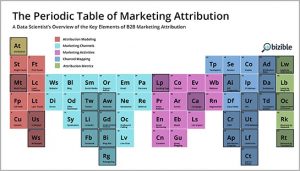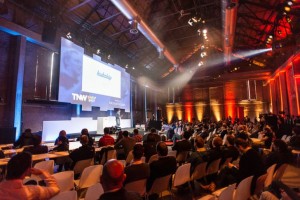SAP CX worked with Brakes in the UK to make rapid changes to its GTM strategy.
Food and technology have been on everyone’s mind in the past six months, and for SAP CX these two worlds collided this spring in a 7-day span when its SAP Commerce Cloud was used to launch a new direct-to-consumer platform for Brakes, a leading food supplier in the U.K.
“This is where the pandemic has accelerated what people and projects can do,” said SAP CX Chief Revenue Officer Paula Hansen. “That is what was so exciting about this project, we got the call to start on March 26 after talking about it for a couple days and we just jumped into it and the project went live on March 30.”
Focusing on the features
Brakes is a B2B food delivery service in the U.K. that had both its deliveries and revenues come to a sudden halt at the onset of the COVID outbreak. Brakes delivers food to schools, restaurants, catering companies and nursing homes.
With orders slowing down and inventory rising, Brakes had no choice but to immediately shift to a direct to consumer business model, which would have to be supported by an eCommerce site.
With Brakes becoming a primary distributor for care packages in the UK, the new Brakes D2C Food Shop eCommerce platform had to feature home delivery; and click-to-collect for instant ordering with curbside pickup.
“We were able to use the current commerce cloud and that made for a more efficient process,” said Hansen. “We increased commerce capabilities and using a microservices-based architecture was key in reducing time to value.”
eCommerce features that transferred over from the B2B platform to the D2C included ERP for inventory functionality, check-out, product catalog and shopping cart.
SAP CX teamed up with eCommerce agency KPS to meet the 7-day deadline, allowing Brakes to also deliver food to those who were most in need, including providing for foods for people in homeless shelters, hospitals, disabled at home with mobility challenges or any other situation requiring food delivery.
“Companies have to put customer experience at the forefront and evolved with new ways, channels and options to engage,” said Hansen. “There have been clear benefits to those companies who properly invested in the right platform. They were unintentionally prepared to pivot and set themselves apart.”
Lessons learned
Transitioning its eCommerce platform from B2B to D2C in one week came with many lessons learned for SAP CX. They now have a template of what features easily transfer over from a B2B to D2C environment. The final product, the Food Shop experience, has its foundation in the B2B platform and it covers 9 regions across the UK for distribution and inventory services.
“We were able to bring two systems together for real-time requests at a local level,” said SAP CX Chief Customer Officer Melissa Ryan. “We also had all three teams working on the platform at the same time to meet the deadline.”
With its D2C capabilities now enhanced, SAP CX is actively offering it as a solution to B2B companies that may be able to transition to D2C to optimize revenue. While a compacted 7-day project deadline is not preferred, SAP CX takes comfort in knowing it can be done.
“We learned that there are core commerce services that can be templated for future projects,” said Hansen. “The ability to offer that kind of speed allows us to focus on what the customer is doing to differentiate themselves from competitors so we can use our technology to support those initiatives.”
This story first appeared on MarTech Today.
(47)









